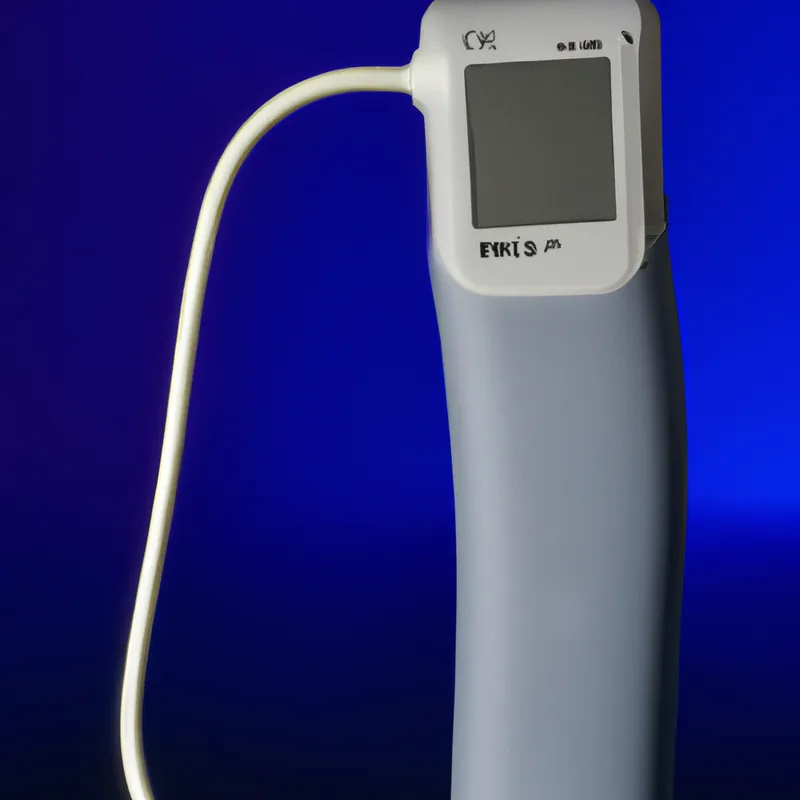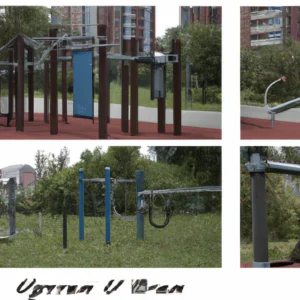Discover What EMG Technologies Can’t Achieve
Understanding the Limitations of Current EMG Technologies
Electromyography (EMG) measures muscle electrical activity. It provides valuable insights for medicine, sports science, and rehabilitation. However, current EMG technologies face limitations. Users and researchers must understand these limitations.
The Basics of EMG Technology
EMG detects electrical signals from muscles. It uses electrodes on the skin or inserted into muscles. These signals indicate muscle activation levels and aid in diagnosing conditions.
However, EMG readings can vary in accuracy. Electrode placement and skin condition affect results. Users must consider these variables when interpreting data.
Limitations in Signal Quality
Signal quality represents a significant limitation of current EMG technology. Other electrical sources can distort readings. Nearby electrical equipment often introduces noise, complicating clear signal acquisition.
Skin impedance also impacts signal quality. Poor skin contact reduces surface electrode effectiveness. This issue may lead to inaccurate readings and misinterpretation.
Noise and Artifacts
Noise and artifacts frequently occur in EMG recordings. Body movements often cause these issues. When subjects move during testing, signals can become contaminated. This contamination complicates analysis and interpretation.
Researchers must account for these factors. They often apply advanced filtering techniques. However, these techniques do not eliminate all noise. Thus, obtaining clean data remains challenging.
Standardization Issues
The lack of standardization in EMG procedures represents another limitation. Different studies often employ varying electrode placements and settings. This inconsistency complicates result comparisons and definitive conclusions.
Standardized protocols are essential for advancing EMG technology. They ensure reliable, consistent data. Without them, users may struggle to interpret findings accurately.
Understanding User Expertise
User expertise plays a crucial role in operating EMG devices. Inexperienced users often misinterpret data. They may not know how to place electrodes correctly. This can lead to incorrect conclusions and ineffective treatments.
Training is essential for anyone using EMG technology. Proper training helps users understand equipment intricacies. It also enables them to identify potential sources of error.
The Learning Curve
New users face a significant learning curve with EMG technology. They need time to become proficient. Users must learn how to set up equipment and analyze data. Beginners may feel overwhelmed by complex signals.
Mentorship and educational resources can bridge this gap. Experienced users guide novices and provide valuable insights. This support boosts confidence and improves skills.
Equipment Costs
EMG equipment can be expensive. High-quality devices often carry a hefty price tag. This cost limits access for smaller clinics or research labs. Consequently, not everyone can utilize the technology effectively.
However, budget-friendly alternatives exist. Researchers can explore lower-cost devices that still provide valuable data. While lacking advanced features, these devices can serve educational purposes.
Benefits of Overcoming Limitations
Despite limitations, EMG technology offers numerous benefits. It provides insights that can improve rehabilitation outcomes. Understanding muscle activity allows clinicians to tailor treatment plans. This personalized approach enhances patient recovery.
Additionally, EMG aids in sports performance analysis. Coaches can use data to refine training methods. Athletes can optimize techniques based on muscle activation patterns. This information improves performance and reduces injury risk.
Advancements on the Horizon
Research continues to advance EMG technology. Scientists develop new techniques to enhance signal quality. Innovations in electrode design can improve data accuracy. Machine learning algorithms also help analyze complex signals. These advancements promise to address current limitations.
Collaborative Efforts
Collaboration among researchers, clinicians, and engineers is essential. By sharing knowledge, they can develop better protocols and equipment. This teamwork fosters innovations that enhance EMG technology.
Conclusion
Current EMG technologies have limitations that users must understand. Signal quality, standardization, and user expertise can affect outcomes. Recognizing these challenges allows better technology utilization.
By investing in training and collaborating with experts, users can enhance their skills. Additionally, advancements in the field promise to address existing limitations. As research progresses, EMG technology’s future looks promising. This progress will likely lead to more accurate and reliable applications in various fields.
Below are related products based on this post:
FAQ
What are the primary limitations of current EMG technologies?
Current EMG technologies face several limitations, including issues with signal quality, lack of standardization in procedures, and the necessity of user expertise. Factors such as electrode placement, skin condition, and external noise sources can affect the accuracy of readings, making it challenging to interpret data reliably.
Why is user expertise important when using EMG devices?
User expertise plays a crucial role in the effective operation of EMG devices. Inexperienced users may misinterpret data due to improper electrode placement or a lack of understanding of the technology. Proper training and mentorship are essential for users to develop the skills needed to set up equipment accurately and analyze the resulting data.
What advancements are being made to improve EMG technology?
Research in EMG technology is ongoing, with various advancements aimed at enhancing signal quality and data accuracy. Innovations in electrode design and the application of machine learning algorithms are promising developments. Collaborative efforts among researchers, clinicians, and engineers are also crucial for creating better protocols and equipment to address existing limitations.















Post Comment